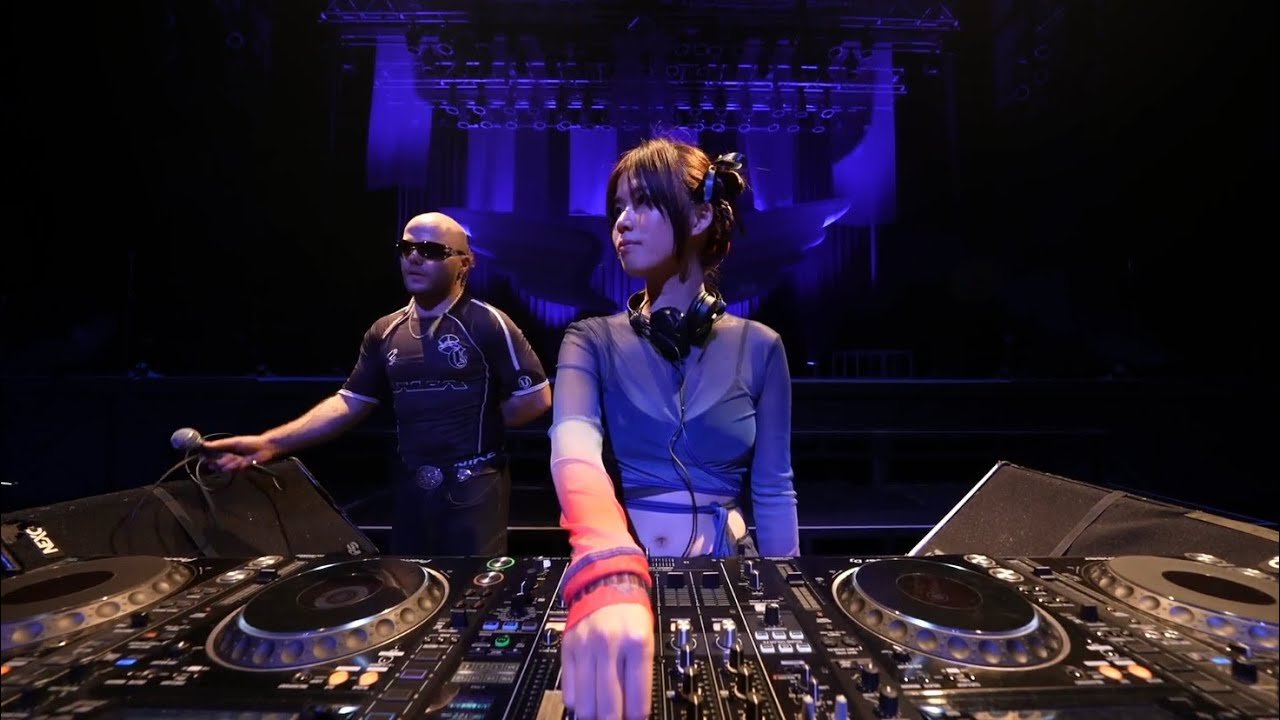Boiler Room Israel ban has become one of the most talked-about topics in the global music scene. The decision by the world-renowned club promoter to pull out of planned shows in Israel has triggered a wave of outrage, discussions, and speculation. The move came shortly after Boiler Room was acquired by a private equity firm backed by KKR (Kohlberg Kravis Roberts & Co.), a major U.S.-based investment firm. This timing has led many to believe that the decision might have been influenced by the company’s new ownership.
In this article, we break down what happened, why it matters, and what it could mean for the future of music, culture, and politics on a global scale.
What Is Boiler Room? A Global Music Platform
Boiler Room is not just another name in the music industry. Since its founding in 2010 in London, it has grown into one of the world’s most influential platforms for live music and underground culture. Known for broadcasting DJ sets and performances from unique locations, Boiler Room has hosted events in over 100 cities, connecting global audiences to emerging and established artists alike.
Over the years, it has become a symbol of inclusivity, freedom of expression, and artistic creativity. Its commitment to showcasing talent from every corner of the world has made it beloved by fans and musicians alike.
The Controversial Decision to Ban Israel Shows
Earlier this month, Boiler Room quietly removed its upcoming Israel events from its schedule. Though no official explanation was provided initially, several insiders and artists close to the platform confirmed that the decision was tied to political tensions and growing calls for cultural boycotts of Israel amid the ongoing Israel-Gaza conflict.
While some applauded the move, citing solidarity with Palestinians and aligning with the global Boycott, Divestment, and Sanctions (BDS) movement, many others, including artists and fans, criticized it as politically biased and discriminatory.
Why the Timing Raises Eyebrows: The KKR Acquisition

The Boiler Room Israel ban came shortly after the platform was acquired by a media and entertainment group owned by KKR. The acquisition raised immediate concerns over whether the once-independent platform would retain its cultural freedom or bow to corporate interests.
KKR, which manages billions of dollars in assets, has a history of investing in companies across many sectors, including media, entertainment, healthcare, and real estate. With such deep pockets and global influence, the investment firm’s involvement in a politically sensitive decision has naturally drawn attention.
Although there’s no public evidence that KKR directly influenced the Israel ban, the optics are hard to ignore. Critics argue that the decision aligns with a trend of large corporations being influenced by political and social pressures, especially in culturally divisive matters.
Global Reaction: ‘It’s Insane,’ Say Fans and Artists
The response to the Boiler Room Israel ban was immediate and intense. Social media platforms were flooded with posts using hashtags like #BoycottBoilerRoom and #MusicIsForEveryone.
Israeli fans expressed disappointment and frustration, calling the decision “unfair,” “hypocritical,” and “deeply hurtful.” Many pointed out that music should be a unifying force, not a divisive one.
Several artists who were scheduled to perform in Tel Aviv or Jerusalem expressed anger and confusion. One DJ posted, “I’ve played in conflict zones before to bring people together. Banning shows here does the opposite. It’s insane.”
On the flip side, pro-Palestinian supporters praised Boiler Room for taking a stand. One activist tweeted, “Artists have a responsibility to choose sides. Neutrality is complicity. Thank you, Boiler Room.”
Cultural Boycotts and the BDS Movement
The Boiler Room Israel ban has reignited debates about cultural boycotts and their impact. The BDS movement, which promotes boycotts, divestment, and sanctions against Israel, has been active for years and encourages artists and companies to cut ties with Israel as a form of protest against its policies toward Palestinians.
Some argue that these boycotts are necessary to apply pressure and raise awareness. Others believe they unfairly punish Israeli citizens and artists who may not support their government’s policies.
In the case of Boiler Room, the decision to pull out of Israel has positioned the company in the middle of this controversial debate—whether they wanted to be there or not.
The Business Risk of Political Decisions
Companies and cultural platforms like Boiler Room must now navigate increasingly complex social and political landscapes. Making a stand, whether it’s by supporting a cause or distancing from a region, can have real business consequences.
While Boiler Room may gain praise from certain communities, it risks alienating others. This is especially tricky when the platform’s core identity is about inclusivity and bringing diverse voices together.
There’s also the risk of setting a precedent. If Boiler Room refuses to operate in Israel due to political reasons, will it do the same in other countries facing human rights concerns? Will this decision be seen as a principled stand or selective activism?
How This Affects Artists on the Ground
Local musicians and promoters in Israel have voiced concern that the Boiler Room Israel ban unfairly targets artists who are often apolitical or even critical of their own government.
An underground DJ from Tel Aviv shared, “We’re just trying to create and share music. Most of us don’t have political power. Canceling shows doesn’t hurt the government—it hurts the artists, fans, and culture.”
This sentiment is echoed by artists in other regions affected by international bans and cultural boycotts. Many fear that politics are seeping too deeply into art, making it harder to operate freely and independently.
Corporate Influence on Creative Platforms

The involvement of major investment firms like KKR in platforms like Boiler Room is part of a growing trend in the creative industry. As art becomes more commodified, corporate influence can shift the mission and values of cultural spaces.
Fans and creators alike worry that Boiler Room may lose its edge and authenticity. “It used to be raw, independent, and underground,” one longtime follower said. “Now it feels like just another brand run by suits.”
When financial backers have interests in different sectors and regions, decisions may be based more on risk management than creative vision. That could explain why some think the Israel ban was less about solidarity and more about PR.
What’s Next for Boiler Room?
Boiler Room has yet to release a detailed public statement about the Israel ban, which has only fueled speculation and criticism. How the platform handles this controversy will shape its reputation moving forward.
Will they reinstate Israeli shows to reaffirm their commitment to global inclusivity? Or will they double down on their decision and align more publicly with political causes?
Either way, the situation highlights the difficult line companies walk when art, politics, and business collide.
The Bigger Picture: A Divided World of Music and Morality
The Boiler Room Israel ban is about more than just one platform’s schedule—it reflects broader tensions between art and politics in a globalized world.
As conflicts continue around the globe, cultural entities are being pushed to take sides. Some say that staying neutral is no longer an option, while others argue that music should remain a space for unity and escape.
Whatever your perspective, it’s clear that decisions like Boiler Room’s will continue to shape the landscape of international culture. Artists, fans, and promoters will all have to adapt to a new reality where every move is seen not just as creative, but also political.
Conclusion
Boiler Room’s decision to ban shows in Israel after its acquisition by a KKR-backed firm has sparked outrage, praise, and a serious conversation about the role of art in politics. While some view it as a necessary stance in support of human rights, others see it as a dangerous precedent that could divide rather than unite.
As the debate continues, one thing is certain: the world of music is no longer just about beats and rhythms—it’s about values, identity, and the power of cultural platforms to influence the global conversation.
Read Next – Sony Wins Jeopardy and Wheel of Fortune Rights From CBS






